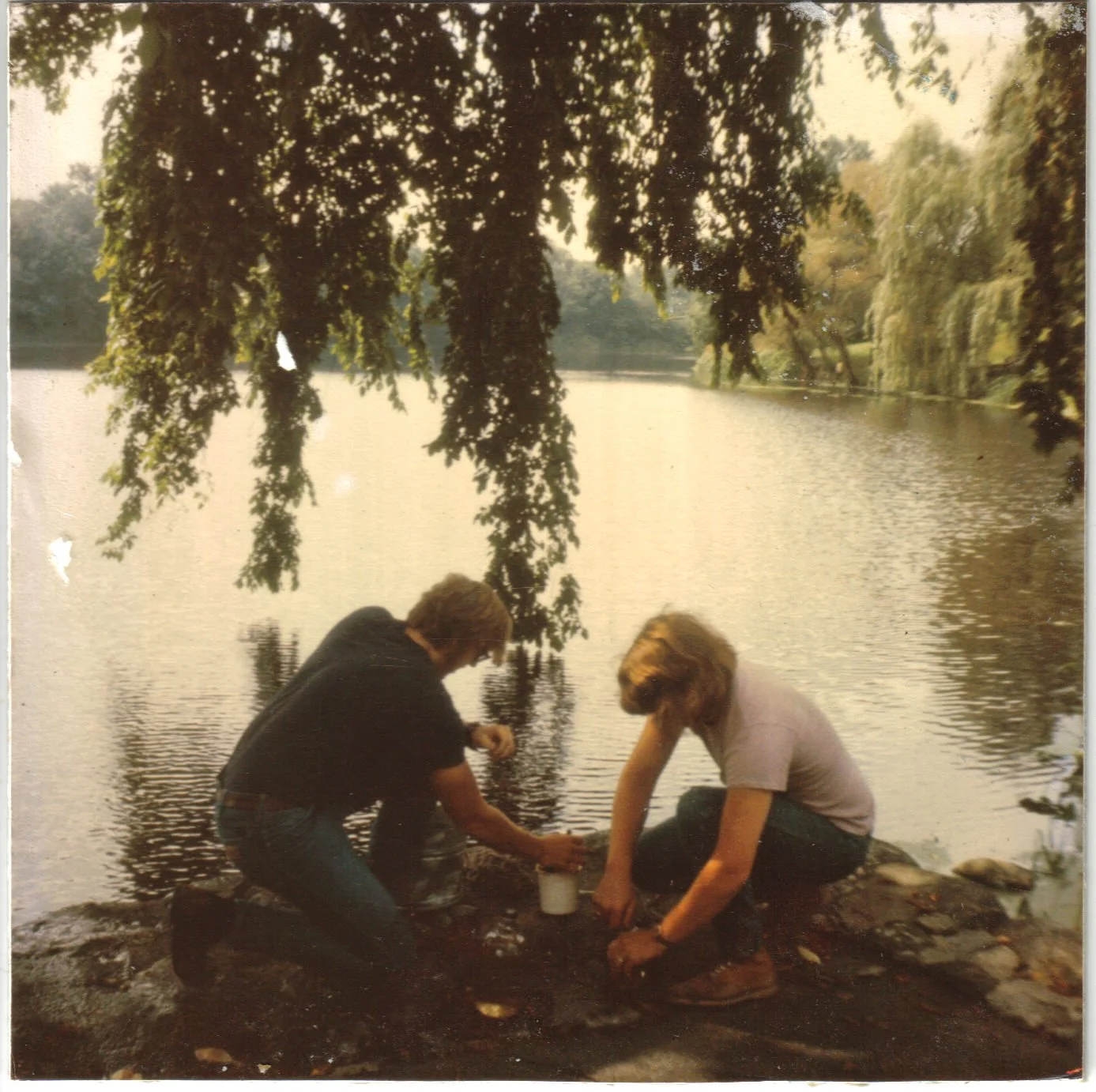CRWA’s Volunteer Monthly Monitoring Program Turns 30!
August is National Water Quality Month, and this year we are celebrating the anniversary of CRWA’s Volunteer Monthly Monitoring (VMM) Program.
2025 marks 30 years of dedicated volunteers braving the elements and early mornings to collect water samples; data that guides river restoration efforts and demonstrates the progress we’ve made.
Starting in 1995, CRWA’s VMM program is one of the oldest and largest volunteer sampling programs in the US, and it has provided the Charles with one of the most robust water quality databases of any river in the country. VMM has become a model for other watersheds’ community science programs nationwide.
Each month, over 80 dedicated volunteers head to 35 sites across the watershed to sample for E.Coli, record river conditions, and measure temperature and depth of the River. Quarterly, samples are analyzed for other important indicators of water quality, including nitrogen, phosphorus, total suspended solids, and plant pigments. This data culminates in the annual Charles River Report Card issued by the U.S. EPA and CRWA’s Annual Water Quality Report.
Thank you to the over 630 volunteers who have made this work possible over the years, some of whom have been involved since the start of the program. The information we collect through the VMM program is at the center of our work as a science-based organization. It advises all other elements of our work, from legislative advocacy to stormwater solutions and river restoration.
Interested in supporting CRWA Water Quality Monitoring? Consider donating today.
“I kayak on the Charles River, so I care a lot about the river itself and the cleanliness of it, so {this program} really appealed to me. Once a month, getting up really early to go get samples, I can do that.” - Sally Orme, VMM Site Sampler of 3 years and CRWA’s Ginger Lawrence Volunteer Award recipient “Having citizen scientists is a great way to have a lot of people collecting data that one agency can’t collect on its own. I think it gets the knowledge out there a lot better when there are a lot of people out there doing their part.”

